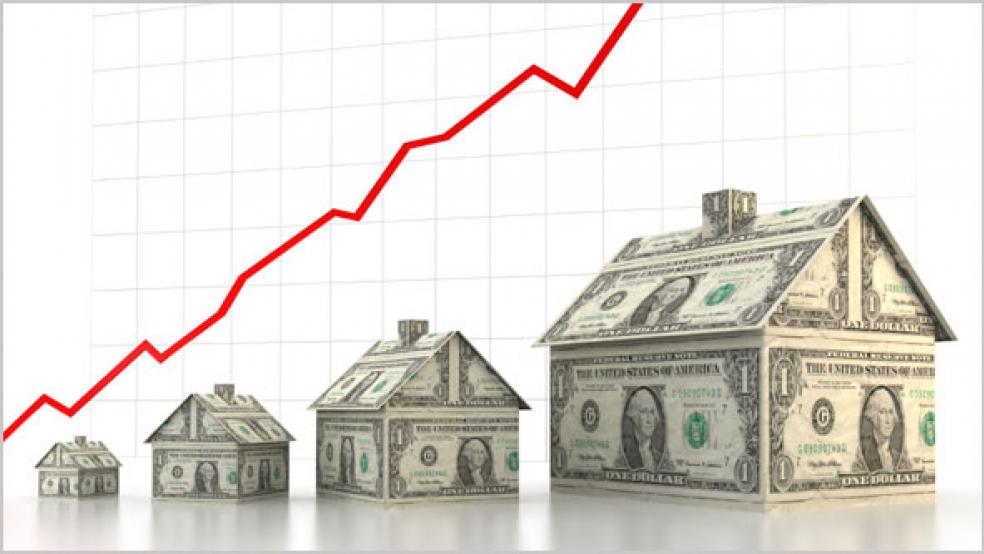Americans, on the whole, are richer than ever. The combined net worth of U.S. households hit $92.8 trillion in the fourth quarter of 2016, due to big gains in the stock market along with steady appreciation in home values. That’s an all-time high, even when adjusted for inflation or population growth.
Household and nonprofit net worth increased by more than $2 trillion over the final three months of 2016, according to a report Thursday from the Federal Reserve, with stock holdings increasing in value by $728 billion and real estate rising by $557 billion.
Related: How Much Money It Takes to Be in the Top 1% In Every State
The Standard & Poor’s 500-stock index gained more than 5 percent from the presidential election in November through the end of the year, with investors betting on corporate tax cuts, easing of regulations and fiscal stimulus. The gains have continued in 2017, as equity holdings are on track to gain another $1 trillion this quarter, according to economist Michael Feroli of J.P. Morgan.
U.S. home prices have consistently climbed since bottoming out in February 2012. In December, prices rose 5.8 percent year over year, slightly larger gains than in November and October, according to the most recent S&P CoreLogic Case-Shiller U.S. National Home Price Index. The value of real estate held by households hit $26.5 trillion, a record and $1 trillion more than at the pre-recession peak.
The Fed’s report didn’t address how this increase in wealth was distributed among households. Home price increases help the 62.9 percent of Americans who own their house, while gains in the stock market help those with savings in retirement plans, though most stock ownership is concentrated among the wealthy. Not even half of American households have direct or indirect ownership of stock, according to the Fed, and ownership rates tend to correspond with income levels.
The new numbers — and the corresponding “wealth effect” — should, in theory, bode well for consumer spending and the economy more broadly. At the same time, though, the ratio of household net worth to disposable personal income also reached a new record, meaning that gains in personal income haven’t kept pace with the larger gains in wealth.
“So far,” J.P. Morgan’s Feroli noted in a research note, “there is little evidence of a rebound in wealth effects, though it remains an upside risk, as it has for much of the expansion.”





